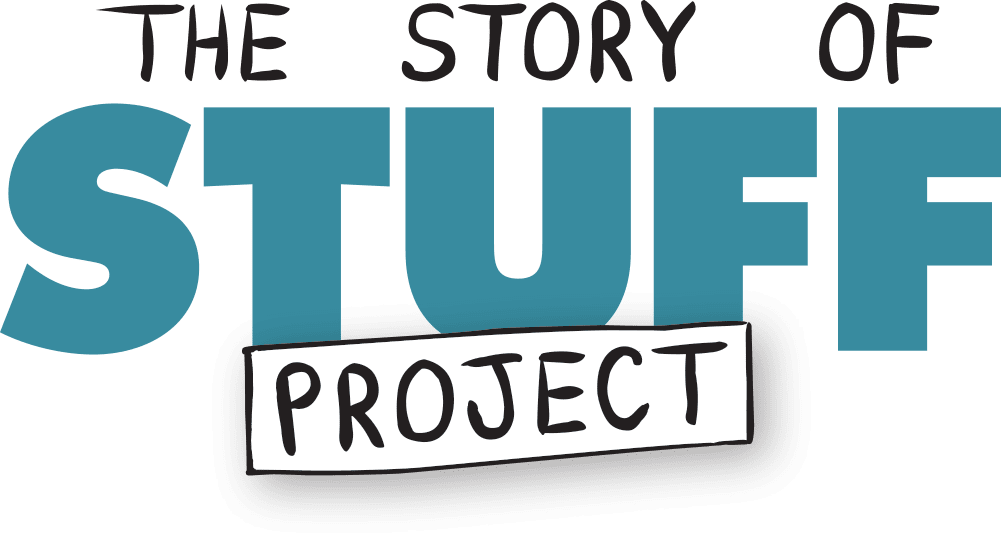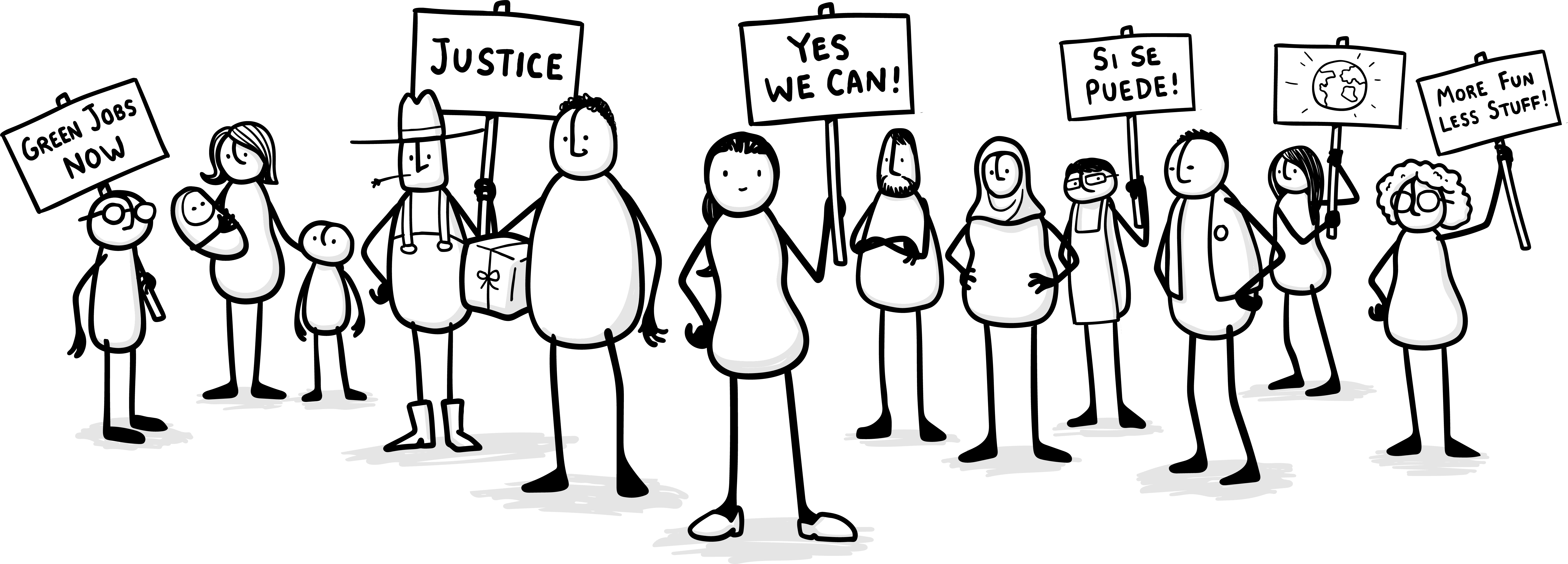Last month, Nestlé Waters walked away from a bottling plant proposal in Centre County, Pennsylvania. The world’s largest water bottler was looking at constructing a new plant and well that would have taken 150 million gallons a year from groundwater sources in the Spring Creek watershed. Nestlé would have more than doubled the amount of water currently withdrawn from this aquifer every year for public use — and no one in the community knew about the decision until it was nearly final.
I spoke with Betsy Green, a 16-year resident of Centre County who grows produce, herbs, and flowers for her local farmers’ market. She’s followed The Story of Stuff Project’s campaigns that call out Nestlé for its predatory approach to water privatization and commodification in other places around the United States. When she heard the news that it was about to happen again in her own backyard, she jumped into action.
“This is the first time I was really deeply involved in a political fight in my community. I began writing letters to our local newspaper and emailing the county commissioners. I was able to set up a meeting with one of them in person,” Betsy said. “My passion stemmed from seeing what Nestlé had done to other communities via The Story of Stuff’s videos, and I think others felt that way too. We realized that once we were locked in with this multinational corporation that it’s all over.”
Betsy explained to me that this all began just a few months ago, at the beginning of 2018 when Nestlé publicly announced its search for a new bottling plant location in Centre County. However, the troubling lack of transparency by the local water authority and a trickle of information that emerged in public meetings indicate that negotiations began months, if not years, earlier. We saw a similar story in Goldendale, Washington last year, when the mayor was forced to resign after news of secret meetings with Nestlé were exposed.
After the story broke, the community quickly mobilized with the support of ClearWater Conservancy and a local Sierra Club chapter. In March, the previously sleepy Spring Township Water Authority meeting became jam-packed. The crowd overflowed into the hallway and competed for a chance to speak in the 30-minute time slot allocated for public comment.
A few weeks later, the Spring Creek Watershed Commission put on a public forum proctored by Penn State University law students. The outcome of the forum, Betsy explained, was general agreement among attendees that a new decision making process needed to be implemented for the community’s water management.
“One small township and five guys appointed to the Spring Township Water Authority can’t make decisions that impact multiple communities and an entire watershed. Our officials might make decisions based on city lines, but water knows no boundaries,” she said.
A few days after the forum, Nestlé announced its plans to scrap the bottling plant proposal.
The corporation’s Natural Resource Manager Eric Andreus claims that the community’s response to the proposed facility didn’t influence this decision, but Betsy told me that the community’s outrage and unity against this proposal was unmatched by other local issues in recent years.
Believe what you will, but the events in Centre County perfectly demonstrate what happens when a community comes together to flex its Citizen Muscles. As soon as the news broke, people from the affected region mobilized quickly with the support of leadership from area nonprofits. They began calling their county commissioners, submitting letters to their local newspaper, and attending government meetings. They sought out more information and began challenging transparency issues. Centre County fought back and demonstrated the power that is possible when people come together to speak with one voice.
Share: Facebook | Twitter
Watch: A Tale of Two Cities – Explore the threat of water privatization and what happens when government runs a critical function, like providing clean drinking water, as if it were a business.
Take action: Take the pledge to fight water privatization







